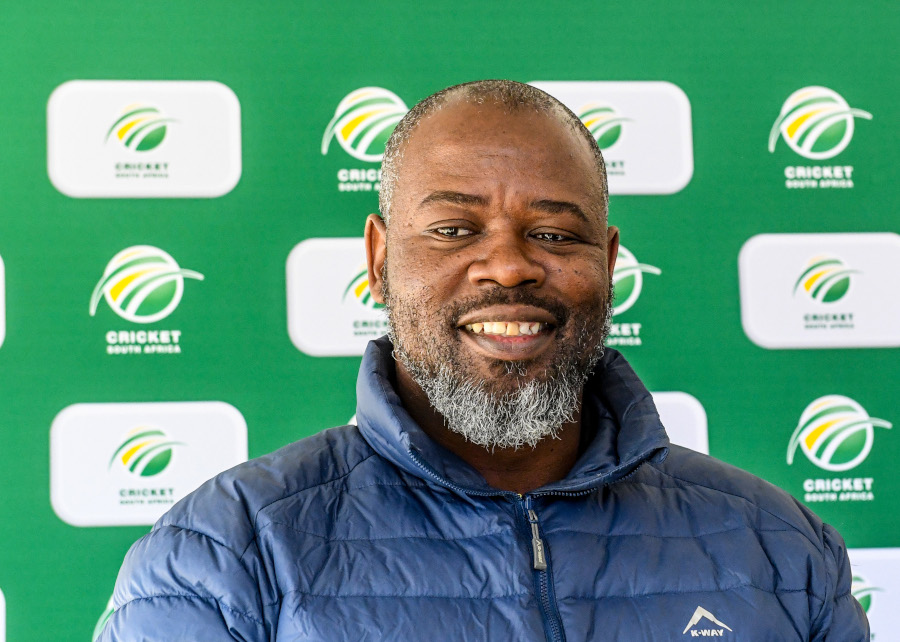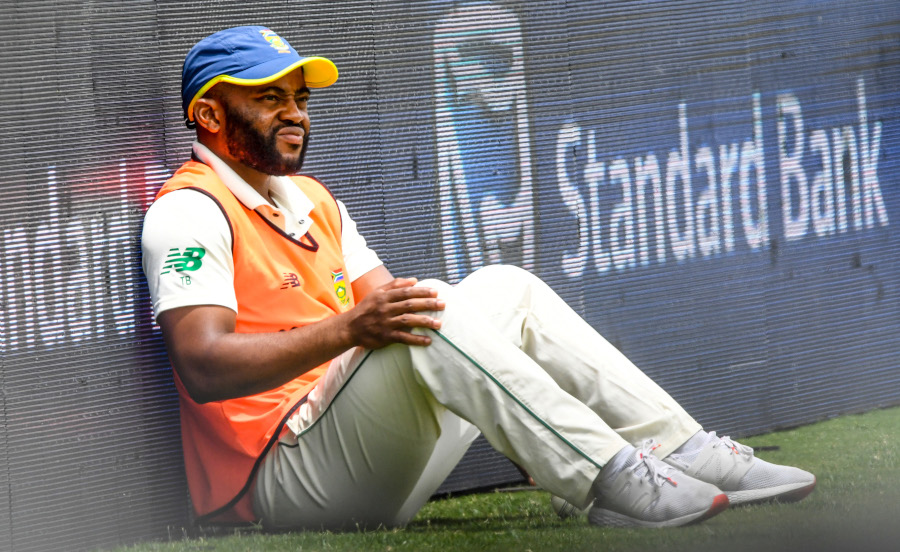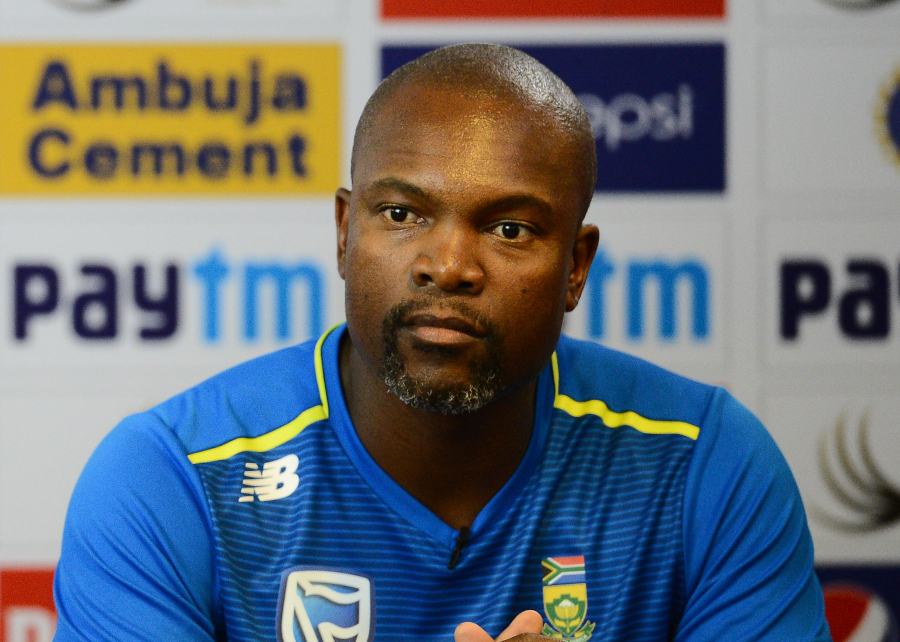The second type of ego leads to arrogance. It blinds you from seeing your faults. It creates enemies out of measured detractors and prevents personal growth.
Enoch Nkwe has the former sort of ego. If he had any of the latter he would not be the Proteas assistant coach and would likely be plying his trade in another country, if at all.
New magazine issue: Why De Kock must bat at four
In August he was appointed as the interim team director of South Africa after Ottis Gibson was sacked. The word interim revealed he was standing on a rickety bridge. If he wanted to solidify his position he would have to start winning games of cricket.
A three-match Test series in India is the hardest assignment for even the most experienced coach and few expected Nkwe to enhance his reputation on the barren wastelands of Visakhapatnam, Pune and Ranchi. He didn’t. Neither batters nor bowlers gave an adequate account of themselves. The one surprise from the tour was that only two matches ended in innings defeats.

After Thabang Moroe’s house of cards crashed on his head it was obvious that change was needed. Captain Faf du Plessis and his players had lost faith in the system that purported to support them and proven leadership was requested.
Mark Boucher was in. Nkwe, despite possessing more qualifications in terms of coaching badges, was offered a more junior role.
How many of us would have walked? How many of us would have told Cricket South Africa (CSA) to stick their token job up their corridor of uncertainty? If Nkwe had the sort of ego that manifests as arrogance, he would not have been speaking to the media at St George’s Park with a Protea badge on his broad chest.
‘I’ll be honest, it wasn’t an easy call to make,’ Nkwe said after awkward laugh that revealed the truth of his words. ‘But when I met with Jacques Faul [who replaced Moroe as CSA’s chief executive] and Bouch and Graeme [Smith], it was pretty clear. They were realistic about what has happened and they showed a lot of care.
‘For me it’s always been about the country. It’s never been about me. I’ve always made it clear that in every single team I’ve worked with that it’s never been about me. Unfortunately things happened the way they happened. I needed to put my ego aside and say that even in this capacity I can make an impact.’
Apart from contending with the blow of a demotion, Nkwe has had to carry the extra burden of what he represents. Like black players on the field, Nkwe’s standing in the team is symbolic of where South African cricket finds itself at the start of 2020.
The appointments of Boucher, Smith and Faul, as well as the dropping of Temba Bavuma, has given the perception that the sport is whitening. Nkwe being pushed to the side has provided more ammunition for firebrands rightly concerned by the poor optics.

‘I strongly believe that in the near future there will be changes,’ Nkwe said when asked if this new regime understands the need for transformation. ‘I think they do. It’s not something that has been ignored. It just happens that things have turned out this way.
‘We also have to take care on the mental aspects of players. We are working behind the scenes to work on a strong pool of players to come through. We’ve looked at the high-performance system in terms of how we can produce and make sure we can be a well-transformed team in the future, a true rainbow nation. There is no doubt that is going to happen in the near future.’
Nkwe is a man who speaks eloquently on tangled subjects such as race and representation. He offers nuance on polarising debates, like his assertion that Bavuma is a Test-quality cricketer but that the decision to drop him was the correct one. He stands with a straight back, his chest juts out and his stomach is firm. He looks you in the eye when answering your question and does not shy away from what he is – a black coach in a game that was once, and in many ways still is, a bastion of white South African culture.
Some on social media have chosen to fight injustices, both real and imagined, from the outside. These people choose to lob criticisms as if they were boulders slung from trebuchets. Whatever your thoughts on this approach it requires at least some degree of bravery. There is no right way to fight a broken system and this system is broken. Anyone who denies this needs a rethink given the fact that Kagiso Rabada is the only fit black African to have played in this series against England. The fault does not lie with Faul, Smith, Boucher or Du Plessis. The fault lies with the stakeholders who have failed to develop talent in rural areas and townships away from the privileged islands that keep the game afloat.
Nkwe has chosen to change the system from within. His self-sacrifice may yet pay off in the long run with a future job as Proteas head coach. Maybe it won’t. That doesn’t seem to be an issue right now.
There is a series on the line and a win in Port Elizabeth is the immediate mission. Amid all the noise Nkwe has remained resolute and emboldened. His self-awareness and humility can only be achieved with a healthy dose of the right sort of ego. He doesn’t need you to tell him what he is.
Photo: Gallo Images







